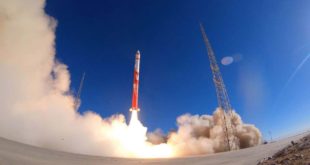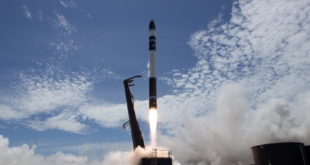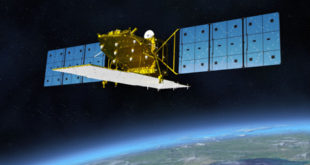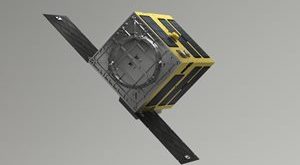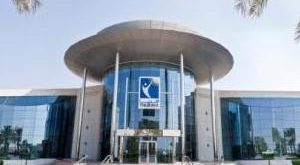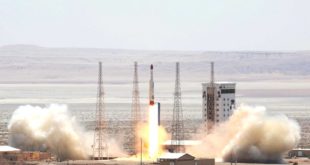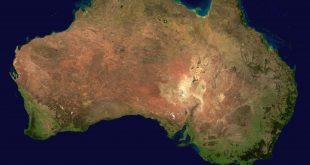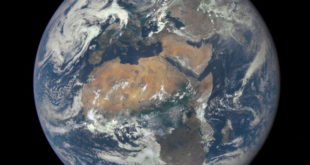Following the launch failure of LandSpace's Zhuque-1 satellite launch vehicle on 27 October 2018, the Chinese New Space launch company has publicly released its preliminary findings as to why its rocket failed 402 seconds after launch from the Jiuquan Satellite Launch Centre in China.
Read More »Rocket Lab’s ‘It’s Business Time’ Launch Set For 11-19 November Window From New Zealand
U.S. New Space orbital launch provider Rocket Lab has confirmed the launch window for the upcoming ‘It’s Business Time’ mission. The nine-day launch window will open from 11 to 19 November 2018 (NZDT), with daily launch opportunities between 16:00 – 20:00 NZDT (03:00 – 07:00 UTC).
Read More »#SpaceWatchGL Interviews: Masashi Sato Of NRI On The State and Future of Japanese New Space
Japan's New Space scene is little known and understood outside of Tokyo, despite the emergence of some interesting startups such as iSpace and Infostellar to name just two as well as some big Japanese government announcements about supporting startups in the space sector. SpaceWatch.Global reached out to Masashi Sato, a Senior Consultant at the Nomura Research Institute Ltd. (NRI) in Tokyo and a leading expert on the Japanese space startup scene, to find out what the current state of play is and what the future holds.
Read More »Japan’s PASCO Introduces InSAR Package Using ALOS-2 Earth Observation Satellite
PASCO, a Japanese provider of satellite-based geospatial information, has signed an agreement to distribute data and images acquired by the ALOS-2 Earth observation (EO) satellite which is owned by the Japan Aerospace Exploration Agency (JAXA). As part of this agreement, PASCO will start selling a new InSAR Package service to support different users’ needs for analysis and monitoring over time.
Read More »Singapore’s Astroscale Raises $50 Million In Investment Round
Singaporean New Space debris removal company Astroscale has announced that it has raised U.S.$50 million from investors led by INCJ Ltd., as well as from SBI Investment Co. Ltd. and Mitsubishi Estate Co. Ltd. This fourth round of funding means that the company has now raised U.S.$102 million in total since its founding in 2013.
Read More »UAE’s Yahsat Looking To Acquire Two Replacement Satellites For Thuraya
Yahsat, the leading commercial satellite communications company in the United Arab Emirates, has revealed that it is examining options for procuring two replacement GEO communications satellites for its recently acquired Thuraya mobile satellite communications subsidiary
Read More »Iran’s Never-Ending Space Story? The Same Iranian Satellites Perennially “About” To Be Launched
The head of the Iranian Space Agency (ISA), Morteza Barari, announced in early October 2018 that three Iranian-made satellites - Payam-e Amirkabir-1, Dousti, and Nahid-1 - have been built and are ready to be launched, according to the Islamic Republic News Agency (IRNA).
Read More »Australian Space Agency Releases Governance Charter For Space Development
The Australian Space Agency (ASA) released its institutional charter on 29 October 2018 that will guide the agency in its efforts to develop Australian civil space capabilities and competencies, as well as establish a thriving space and satellite industrial base.
Read More »China’s New Space Race: Spacety Readies More Payloads For Launch After Successful Long March 2C Liftoff
Spacety, the Chinese small satellite startup, is expected to carry out two further launch missions on behalf of clients in November and December 2018, but exact dates are not yet confirmed according to the intrepid Andrew Jones in GBTimes.
Read More »Nigeria Lobbies To Host African Union Space Centre
Nigeria is lobbying the African Union (AU) to host its African Space Centre, according to a report published in the Nigerian newspaper Independent on 29 October 2018.
Read More » SpaceWatch.Global An independent perspective on space
SpaceWatch.Global An independent perspective on space

